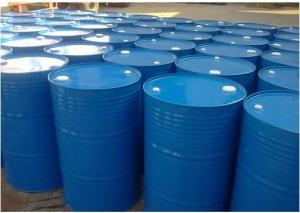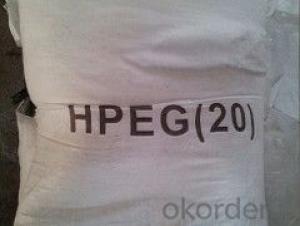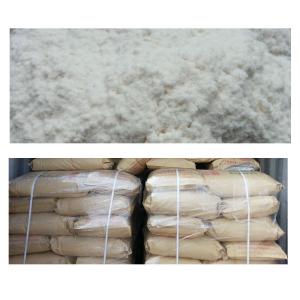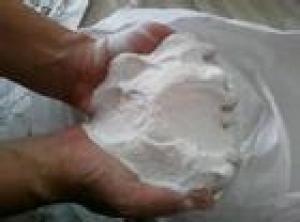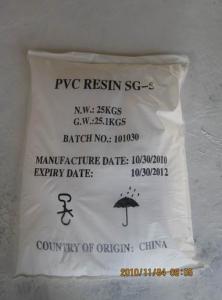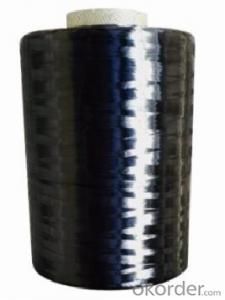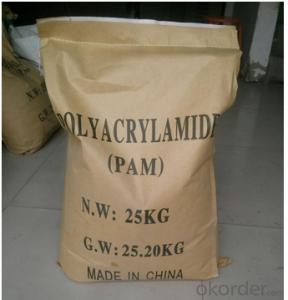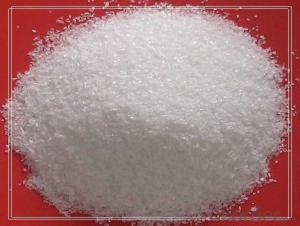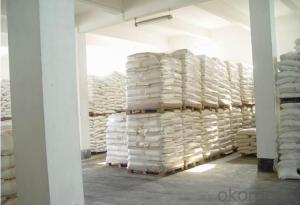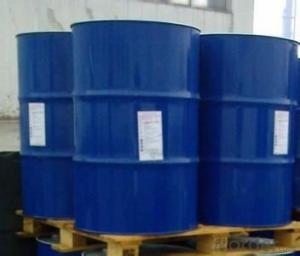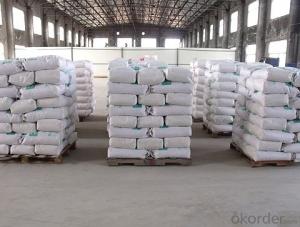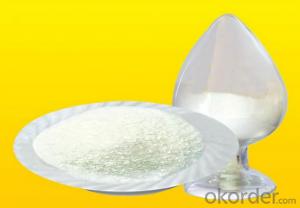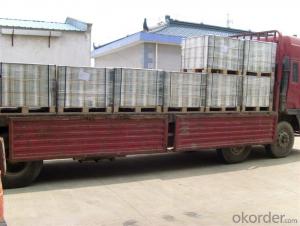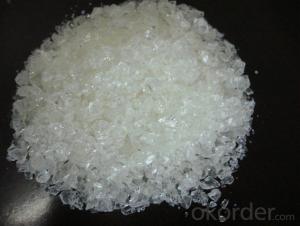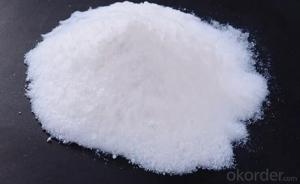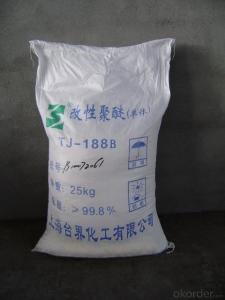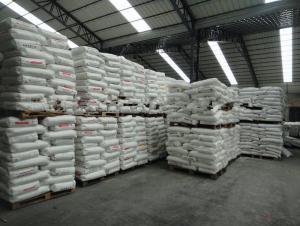All Categories
- - Steel Wire Rod
- - Steel Coils
- - Steel Profiles
- - Steel Pipes
- - Stainless Steel
- - Tinplate
- - Special Steel
- - Steel Sheets
- - Steel Rebars
- - Steel Strips
- - Hot Rolled Steel
- - Cold Rolled Steel
- - Pre-painted Steel
- - Seamless Steel Pipe
- - Welded Steel Pipe
- - Hollow Steel Tubes
- - Galvanized Pipe
- - Stainless Steel Coil
- - Stainless Steel Sheet
- - Stainless Steel Plate
- - Stainless Steel Strips
- - Electrolytic Tinplate Coil
- - Electrolytic Tinplate Sheet
- - Stainless Steel Rebars
- - Solar Panels
- - Solar Water Heater
- - Solar Related Products
- - Solar Inverter
- - Solar Cells
- - Solar Light
- - Solar Energy Systems
- - Solar Controllers
- - Solar Mounting System
- - Solar Pump
- - Solar Chargers
- - Fiberglass Chopped Strand
- - Fiberglass Mesh Cloth
- - Composite Pipes
- - FRP Pultrusion Profiles
- - Fiberglass Mat Tissue
- - Fiberglass Fabrics
- - Fiberglass Mesh
- - Composite Tank
- - Fiberglass Mesh tape
- - Polymer
- - FRP Roofing Panel
- - Fiberglass Roving
- - Monolithic Refractories
- - Ceramic Fiber Products
- - Refractory Bricks
- - Raw Materials For Refractory
- - Suspended Platform
- - Cranes
- - Concrete Machinery
- - Earthmoving Machinery
- - Building Hoist
- - Road Building Machinery
- - Plastic Pipe Fittings
- - Plastic Tubes
- - Plastic Sheets
- - Agricultural Plastic Products
- - Plastic Nets
 All Categories
All Categories
Q & A
What is the role of polymers in the construction industry?
Polymers play a vital role in the construction industry as they are used in various applications to enhance the performance and durability of construction materials. They are used as binders and additives in concrete, providing increased strength, flexibility, and resistance to chemicals and weathering. Polymers are also used in insulation materials, coatings, sealants, and adhesives, improving energy efficiency, waterproofing, and overall construction quality. Additionally, polymers contribute to sustainable construction practices by enabling the use of recycled materials and reducing environmental impact.
How are polymers used in textiles and clothing?
Polymers are widely used in textiles and clothing due to their versatile properties and ability to be molded into different shapes. They are used to create synthetic fibers like polyester, nylon, and spandex, which are commonly found in clothing items such as shirts, pants, and activewear. These synthetic fibers offer durability, flexibility, and resistance to wrinkles, making them suitable for various applications. Additionally, polymers are used in coatings and finishes to enhance the water repellency, flame resistance, and colorfastness of textiles, improving their overall performance and longevity.
How do cross-linking and branching affect polymer properties?
Cross-linking and branching have significant impacts on polymer properties. Cross-linking refers to the formation of covalent bonds between polymer chains, creating a three-dimensional network structure. This process enhances the mechanical strength, rigidity, and thermal stability of the polymer. It also reduces the polymer's solubility and makes it less prone to swelling.
On the other hand, branching refers to the presence of side chains or branches extending from the main polymer chain. Branching increases the polymer's flexibility, reduces its crystallinity, and lowers its melting point. It also improves the polymer's processability, as it becomes easier to melt and shape.
Overall, cross-linking increases the polymer's strength and stability, while branching enhances its flexibility and processability. The choice between cross-linking and branching depends on the desired properties for a particular application.
How do fillers and reinforcements affect the properties of a polymer?
Fillers and reinforcements have a significant impact on the properties of a polymer. Fillers, such as glass fibers or carbon nanotubes, can improve the mechanical strength, stiffness, and dimensional stability of the polymer. They also enhance the heat resistance and reduce the shrinkage of the material. Reinforcements, on the other hand, provide additional strength and durability to the polymer matrix, making it more resistant to impact and wear. Overall, the addition of fillers and reinforcements enhances the performance and versatility of polymers in various applications.
Wholesale Polymer from supplier in Italy
With our specialization in supplying Polymer products to Italy, we offer a wide range of services to meet all your needs. Whether you require sales assistance, quotations, or technical support, we have you covered. As a subsidiary of CNBM, a Fortune Global 500 company, we are backed by the resources and expertise to ensure convenient and efficient procurement services.
Our comprehensive product portfolio guarantees that we can fulfill all your Polymer requirements. From basic polymers to specialized variants, we have a vast selection to cater to your specific needs. Additionally, our years of experience in the Italian market have provided us with valuable insights and knowledge that can greatly benefit your projects.
By choosing us as your trusted partner, you can rely on our commitment to delivering high-quality Polymer products and exceptional customer service. We are dedicated to meeting your expectations and providing you with the best solutions for your Polymer requirements. Contact us today and let us assist you in achieving success with your projects.
Our comprehensive product portfolio guarantees that we can fulfill all your Polymer requirements. From basic polymers to specialized variants, we have a vast selection to cater to your specific needs. Additionally, our years of experience in the Italian market have provided us with valuable insights and knowledge that can greatly benefit your projects.
By choosing us as your trusted partner, you can rely on our commitment to delivering high-quality Polymer products and exceptional customer service. We are dedicated to meeting your expectations and providing you with the best solutions for your Polymer requirements. Contact us today and let us assist you in achieving success with your projects.
Hot Search
- Fiberglass Chopped Strand in Timor Leste
- Fiberglass Mesh Cloth in Turkey
- Composite Pipes in Panama
- FRP Pultrusion Profiles in Ecuador
- Fiberglass Mat Tissue in Turkmenistan
- Fiberglass Fabrics in Bhutan
- Fiberglass Mesh in Belize
- Composite Tank in Belarus
- Fiberglass Mesh tape in Haiti
- Polymer in Nigeria
